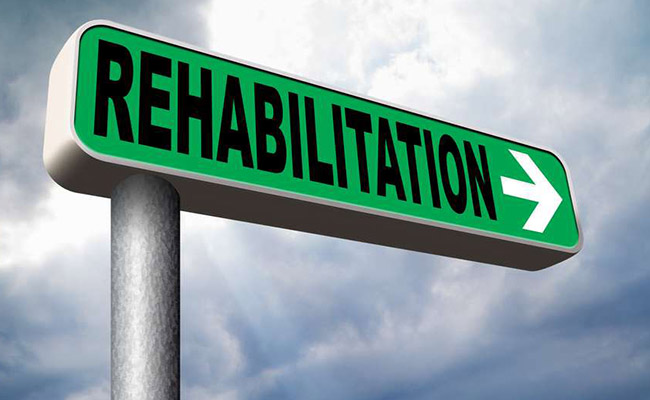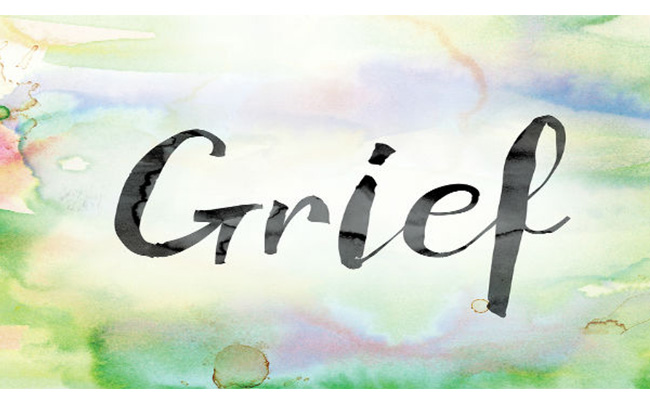Even Though You Might Have A Problem With Addiction, Denial Will Tell You Otherwise
Many people struggle with the idea that they might have a problem with addiction. This is not surprising. Denial is a powerful force that drives addiction. Whether you have a problem with drugs, alcohol, gambling, sex, or shopping; your mind will try to trick you into believing you don’t have a problem by denying that it exists. Denial is a construct of the mind designed to protect you from the painful truth that you do, in fact, have a problem.
The mind is designed to embrace pleasurable feelings. When you use drugs or alcohol or partake in activities like sex and gambling, your brain produces a feel-good chemical called dopamine. The brain wants more of this chemical, so it will lie to you so you will continue to engage in your addiction because it wants to feel good.
The tricky part of denial is that you don’t realize you are in denial. That’s the whole point! If you do have an addiction of some kind, you have to step out of denial and face the truth. Otherwise, your life will continue in a downward spiral if you don’t get help.
Things Denial Will Tell You So You Will Stay Addicted
Denial is hard to recognize because it manifests in your mind as your own voice. Denial presents itself as thoughts that sound reasonable and rational. Because you want to believe what denial tells you, you will buy into your own lies. Even though there might be a mound of evidence that points to the fact that you have an addiction, you will deny the reality because it’s just too painful.
Here are some common rationalizations that denial will tell you when you start wondering if you have an addiction problem:
- I don’t really have a problem. I just like drugs/alcohol/sex/gambling/shopping.
- I can stop anytime I want to. I just don’t want to stop.
- My family doesn’t understand. They keep telling me I have a problem, but they don’t realize I have things under control.
- I may be spending a lot of money doing this, but it’s my money – I can do anything I want to with it.
- There’s no way I am addicted. I have a great job and I pay all of my own bills.
- I am too strong to be addicted.
A Simple Truth That Can Help Break The Cycle Of Addiction
Here is a simple truth. People who don’t have a problem with addiction don’t sit around wondering if they have a problem with addiction. If you think you might have an issue with substance abuse or a behavioral addiction, you probably do. Most likely, you know in your heart that you have a problem and you need help – you just don’t want to admit it to yourself.
If you will take the brave step out of denial and into the light of truth, you can stop the addictive cycle immediately. As long as you continue to believe the lies your denial is feeding you, you will continue to stay stuck in your self-destructive pattern. When you admit that a problem exists, you can face it head on.
If you want confirmation that you have an addiction, call us. We’ll perform a free evaluation over the phone and tell you one way or the other. If you don’t have a problem with addiction, you can rest easy knowing that your life is on the right track and you won’t have to worry anymore. If you do have a problem, we can get you the help that you need.
CLICK HERE to get a Free Confidential Addiction Rehabilitation Assessment.













